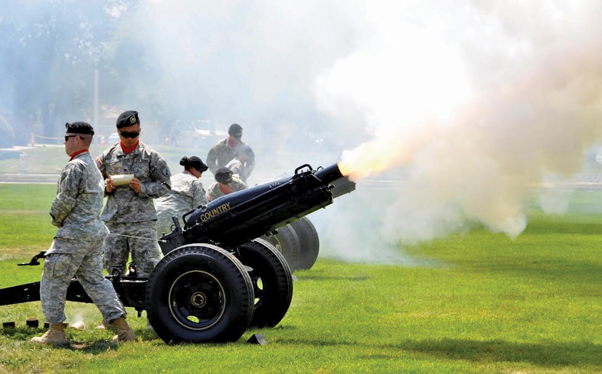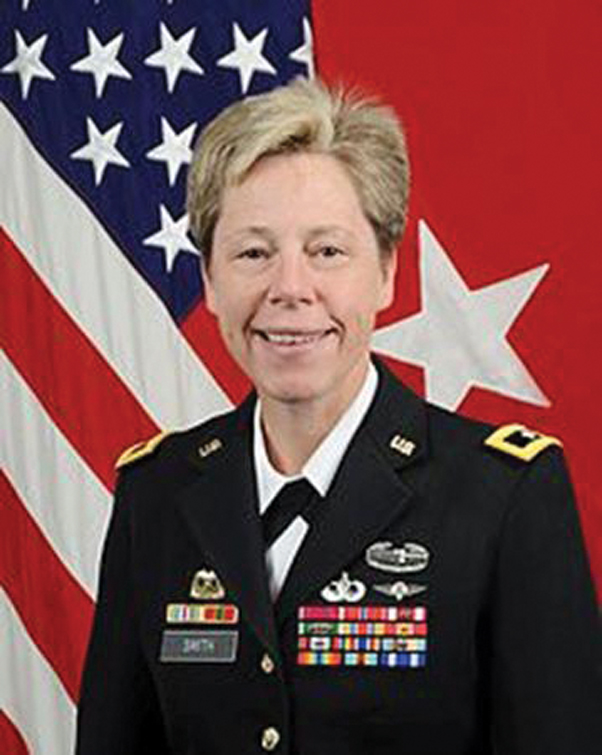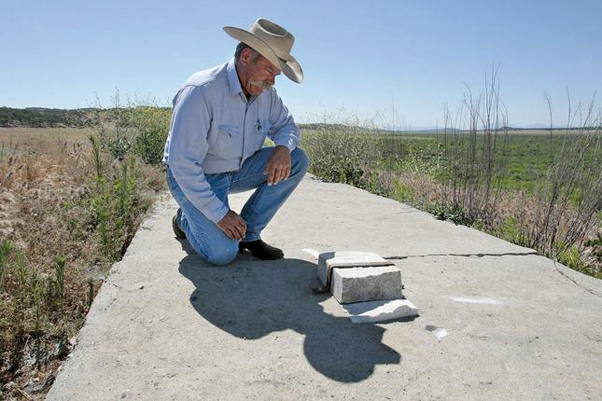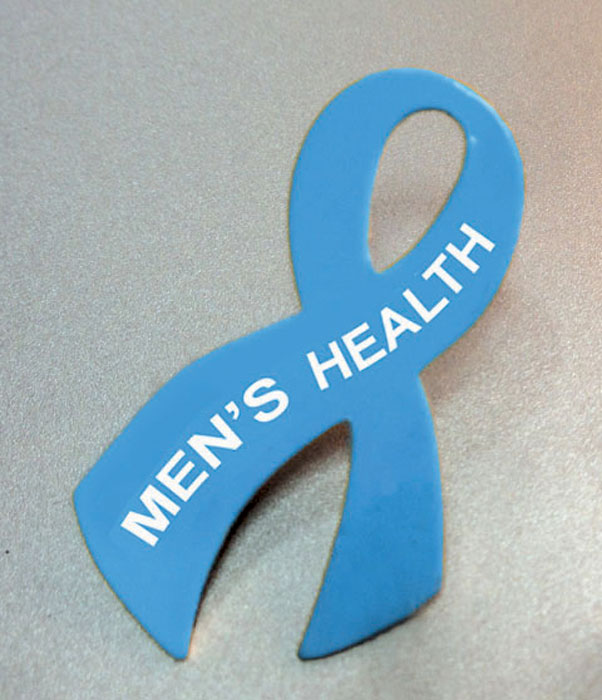RIDE A BIKE ON UTAs
Outdoor Recreation, in conjunction with the Fitness and Sports Center, offers FREE bike rentals to UTA members from now through September. Male and female beach cruisers, including helmets and locks will be located in front of the Fitness Center and issued by Force Support Squadron fitness personnel. Due to a limited supply, only 10 bikes will be made available each UTA weekend. Mountain bikes are available by special request only through Outdoor Recreation. For more information, call ODR at 951-655-2816 or the Fitness Center at 951- 655-2292.
CCAF GRADUATION CEREMONY
Please join us in celebration as the next group of Community College of the Air Force graduates receive their diplomas. The event will be at the Cultural Resource Center on base on July 12, 2015 at 10 a.m. Uniform of the day.
BACK STREET CAFÉ UTA SCHEDULE
The Back Street Café has begun renovation of the dining area. Food operations have relocated to the Wright Brothers Bar located on the east side of the Hap Arnold Club. Entrances from Adams Ave. can be used as well as available parking across from the Ballroom entrance.
Food operations begin for the A-UTA weekend on June 6 and will continue throughout the renovation. Operating hours will remain the same and a limited menu will be available with most of your favorite items, excluding pizza.
An express food service will be available in the Atrium as well as breakfast, lunch and dinner in the dining room.
The newly renovated state-of-the-art facility will feature new lighting and furniture, an improved serving line, digital menu boards, a revamped menu, and new stations such as a self-serve salad bar and Starbucks coffee stations.
We appreciate your patience during this renovation and are committed to continue to provide quality service and support to the Team March community.
Visit MarchFSS.com or “Like” them on Facebook at “MarchFSS” to stay up-to-date.
SCHOLARSHIPS AVAILABLE FOR MILITARY YOUTH CAMP
The Air Force Service Activity (AFSVA) is pleased to announce the availability of scholarships for military youth at Island Lake Camp in the Pocono Mountains of Pennsylvania during the weeks of 4-17 Aug 15.
Active duty, Air National Guard and Air Force Reserve youth, ages 8-13 years or 3rd – 8th grades as of Sept 1, 2015, are eligible to apply.
Interested youth must submit a Scholarship Application and Essay on “The reasons why I should be selected to attend Island Lake Camp.” The application is due electronically not later than June 15 to Penny Dale at penny.dale@us.af.mil. Selections will be announced June 19.
Island Lake Camp will provide lodging, meals and program costs while at camp. Island Lake Camp also provides transportation to/from the following designated pick-up locations: Yonkers or Queens, N.Y.; Paramus or Livingston, N.J.; Philadelphia, Penn. Parents unable to meet at a designated pick-up location are responsible for transportation to/from Island Lake Camp. Transportation from local airports is not provided.
Information about Island Lake Camp is available at www.islandlake.com. For more information regarding the scholarships or application process, contact Penny Dale at DSN 395-7251 or penny.dale@us.af.mil.
LOCAL TRAFFIC IMPACTED 4TH OF JULY
Please be aware of the Fourth of July Parade activities that could have traffic impacts on your operations and access to your facilities or the front gate. The City of Moreno Valley has designated the corner of Cactus Avenue and Veterans Way as the check in location for their 4th of July Parade floats/participants.
Parade check in on Saturday, July 4, begins at 7:30 a.m. and the parade starts at 9:30 a.m.
Parade check-in traffic will be directed to proceed south on Interstate 215 and exit east on Cactus Ave. to Veterans Way. Traffic checking in and coming from other routes will be directed to travel south on Day St. to east on Alessandro to south on Elsworth to east on Cactus to Veterans Way; or south on Graham to west on Cactus to Veterans Way; or west on Cactus from points beyond to Veterans Way.
In addition, the widening of the eastbound lanes on Cactus Avenue is in progress, so please plan accordingly.
FITNESS CENTER NEWS
The March Fitness Center has received the Wellbeats Virtual Group Fitness Kiosk. This kiosk allows members to participate in virtual fitness classes.
Daily Fitness Schedule is:
Mondays: 6 a.m.—Virtual Fusion Yoga; 10:30 a.m. and 12:15 p.m.—Intro TRX; 11 a.m.—Virtual Spin
Tuesdays: 11 a.m.—Virtual Strength “Fit for Duty;” 12:30 p.m. and 5 p.m.—Circuit Training
Wednesdays: 6 a.m.—Virtual Fusion Yoga; 11 a.m.—Zumba; 12:15 p.m.—Virtual Fusion Yoga; 12:30 p.m. and 5 p.m—Battle Ropes Circuit Training
Thursdays: 11 a.m.—Virtual Spin; 12:15 p.m.— Virtual Strength “Fit for Duty;” 12:30 p.m. and 5 p.m.— Circuit Training
Fridays: 10 a.m.— Zumba; 10:30 a.m. and 5 p.m.— Intermediate TRX; 11:15 a.m.— Virtual Cardio
UTA Saturdays: (A UTA) 5 p.m.—Virtual Strength “Fit for Duty;” (B UTA) 5-7 p.m.—Pick-up Basketball
Daily activities include:
For more information, visit the Fitness Center or call 951-655-2284.
LEARN TO FLY AT AERO CLUB
The March Aero Club offers flight training (flying, private license, ground school, instrument training) at a very reasonable rate including a pay-as-you-go plan with zero down. Visit them in Hangar 355 on base or call 951-655-3875 for more information.
NORTON-MARCH REUNION
Former 452nd Air Mobility Wing commander, Tim Wrighton, announces the Norton-March reunion at March Field from June 18-20, 2015. Visit www.norton-marchaircrew.org to learn more and to register. Access from government computers may be limited, so you may have to go to the site from a computer that is not on the base network.
CONSTRUCTION AT CACTUS AVE & RIVERSIDE DR:
The City of Moreno Valley has removed the “No Right Turn” sign at Cactus/Riverside (east bound) and will see how it goes. They warned that during construction, the turn radius is not enough for tractor trailer/delivery trucks and it will be a problem for those vehicles. Please have your delivery trucks use the Heacock/Meyers entrance to the area to avoid problems with the construction crew. If a problem arises with the vehicle traffic while the construction crew is relocating the traffic signal and installing traffic modifications at the Riverside/Cactus intersection the “No Right Turn” sign will be put up again and enforced. Hopefully this will make things easier for all while the street widening project is going on. If you have any questions contact the March Community Planner and Liaison at 951-655-2236.
FOURTH COMBAT CAMERA TO INACTIVATE JULY 11
March Air Reserve Base’s 4th Combat Camera Squadron is scheduled to inactivate at a ceremony held in Hangar 452 on July 11, 2015 at 10 a.m. Team March members are invited to attend the ceremony and congratulate them on a job well done.
GRILL NIGHT AT SALLY’S ALLEY
Every Wednesday night starting at 4 p.m., Sally’s Alley is open for business with Grill Night. Sally’s Alley is also now open every Pre-UTA Thursday at 4 p.m. For more information, call them at 951-653-2121.
2015 CIVILIAN TSP CONTRIBUTION LIMITS
Calendar year 2015 has 27 pay periods since the last pay day falls on Jan. 1, 2016 (a Federal holiday), which means you will be paid one day earlier on Dec. 31, 2015.
If you are under the Federal Employees Retirement System and you wish to receive the maximum agency matching contributions for 2015, you must ensure you do not reach the $18,000 contribution limit before the last pay day of the year. If you reach the contribution limit before the last pay period you will not receive matching contribution for the pay period (s) that no contributions were made.
If you want to distribute your TSP contributions over the remaining pay periods in 2015, update your election in the Employee Benefits Information System (EBIS). If you decide to change your election, take into consideration the effective date of your election and how many pay periods remain in the year.
For additional information on contribution limits and effective dates, visit the MyPers website and search “Thrift Savings Plan contribution limit”.








